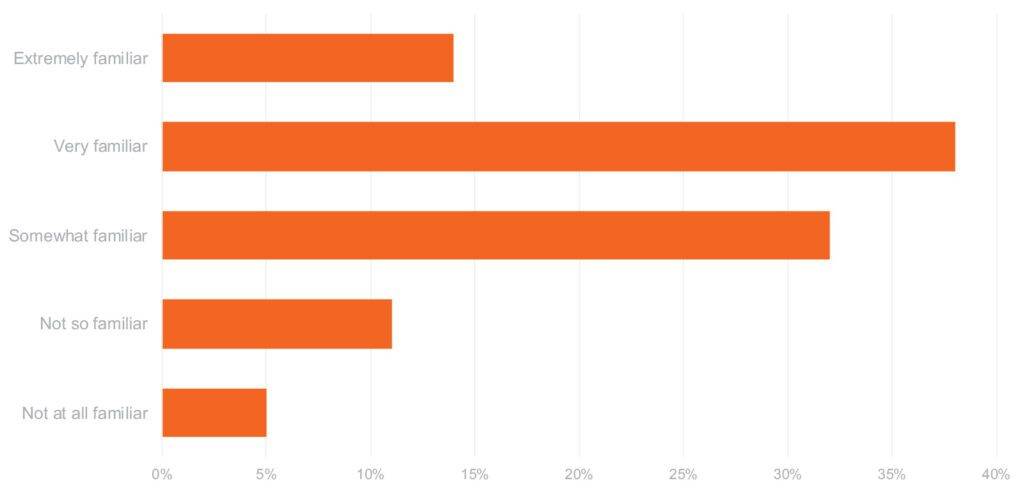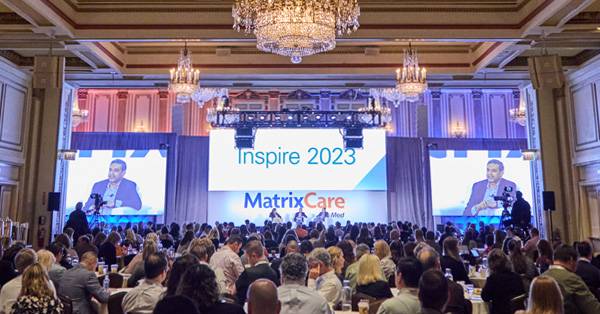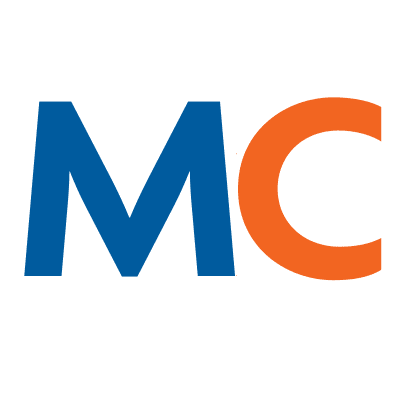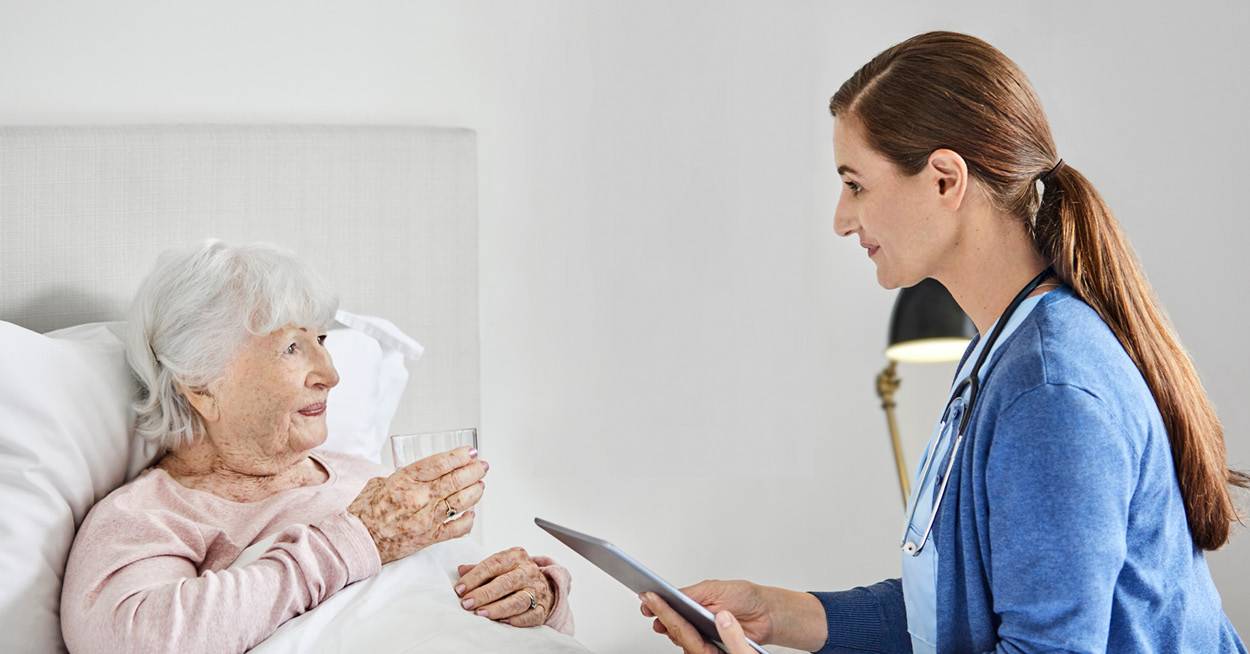- Solutions
- Solutions
- Home Health
- Hospice
- Life Plan Community
- Palliative Care
- Private Duty
- Senior Living
- Skilled Nursing
- Skilled Nursing
- Skilled Nursing Software
- Advanced Insights
- Customer relationship management
- Data and analytics
- Financial & operations management
- Marketing
- Nutrition management
- Referral management
- Regulatory compliance
- Retail management
- Resident engagement
- Revenue cycle management
- Skilled nursing interoperability
- Partners
- Blogs
- Resources
- About
- User Conference

How OASIS-E impacts value-based purchasing
Why does it matter to ask questions on the OASIS-E? While some of the questions may seem unimportant to the clinician, like the cognitive or emotional areas of the assessment, they’re used for risk adjustment. If these areas are not filled out correctly, it may affect your bottom line. Accurate OASIS-E data is important because it:
- Leads to the creation of the Plan of Care or 485, which drives patient care
- Ties to reimbursement, even more so with Home Health Value-Based Purchasing (HHVBP)
- Helps measure quality of care and quality improvement
Most OASIS-E data is publicly reported
The publicly reported data is a five-star scoring system, which is determined by comparing your scores to the scores of other agencies. It’s updated quarterly on the CMS website and is used by potential customers, referral sources and insurance carriers.
Care Compare reports include timely initiation of care, the improvement in oral medication (M2020), the improvement in ambulation (M1860), the improvement in bed transferring (M1850), improvement in bathing (M1830), and improvement in dyspnea (M1400). CMS also looks at acute-care re-hospitalizations.
Are people familiar with Care Compare and the HHVBP items of OASIS-E?
When considering whether agencies are familiar with these items and how they may impact their agency, approximately 52% stated they were extremely familiar or very familiar. However, that left almost 50% who are only somewhat familiar or not familiar and 5% not being familiar at all.

This leaves room for further education on OASIS-E and value-based purchasing going forward.
What OASIS-E items impact HHVBP?
Total normalized composite change in self-care
These items include:
- M1800: grooming
- M1810: the ability to dress the upper body
- M1820: the ability to dress the lower body
- M1830: bathing
- M1845: toileting hygiene
- M1870: feeding and eating
There are also risk adjustments made for cognitive functioning (M1700), when confused (M1710)and when anxious (M1720).
Total normalized composite change in mobility
These items include:
- M1840: toilet transferring
- M1850: bed transferring
- M1860: ambulation locomotion
There are also risk adjustments made for cognitive functioning (M1700), when confused (M1710)and when anxious (M1720).
Discharged to community
These items include:
- M0100: reason for assessment
- M2420: discharge disposition
Other included items are improvement in management of oral medications (M2020) and improvement in dyspnea (M1400). Risk adjustments are also made here for M1700, M1710 and M1720 and management of oral meds (M2020).
During the HHVBP trial period, the agencies that put forth significant time and resources for staff education around improving processes experienced more positive HHVBP outcomes.
It’s clear that investing in education and adjusting processes can drive results to help avoid payment losses and may also help lead to payment increases.
Talk to a an expert today to learn how we can help.
See what MatrixCare can do for you
Tressa Hronek
Tressa Hronek, RN, HCS-D, HCS-O, Supervisor, Coding Services Operations
Tressa is a Registered Nurse with specialized certifications as a Coding and Oasis Specialist. With a career spanning over 30 years in the healthcare field, she has gained experience in various healthcare settings, including hospitals, physician offices, nursing facilities, and her preferred area of focus, Home Health and Hospice. Tressa initially began her journey in Home Health as a field nurse and gradually advanced into managerial roles, eventually leading to her current position as the Coding Services Supervisor at HEALTHCAREfirst. Her outstanding leadership abilities, professionalism, and effective communication skills enable her to cultivate strong working relationships with agency directors and clinicians. Tressa's managerial expertise and industry knowledge make her a valuable resource for both clinicians and agencies. During her tenure at HEALTHCAREfirst, she has actively contributed to the training of Coders and Reviewers on the Coding Station. Additionally, she serves as a valuable source of information for clinicians regarding industry standards and regulatory requirements related to Coding and OASIS Reviews.
Related Posts


See MatrixCare in action
Start by having a call with one of our experts to see our platform in action.
MatrixCare offers industry-leading software solutions. Thousands of facility-based and home-based care organizations trust us to help them improve efficiency and provide exceptional care.






